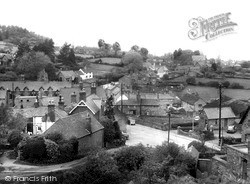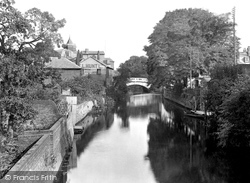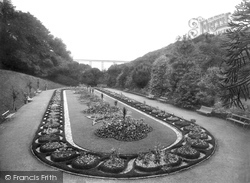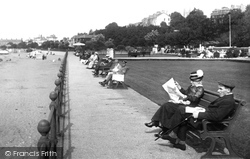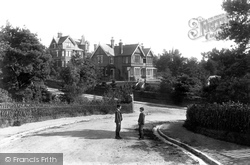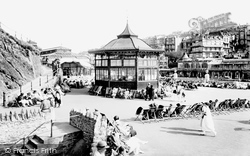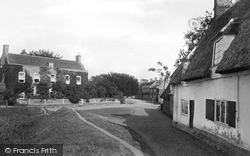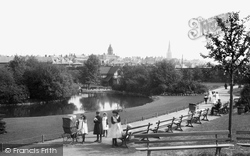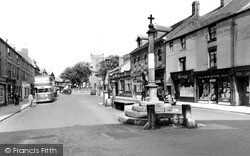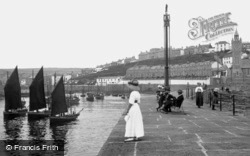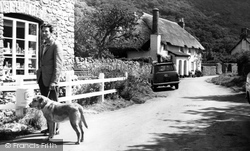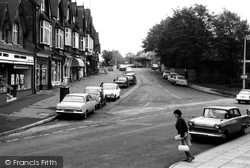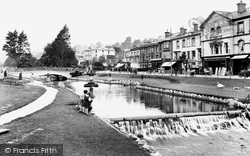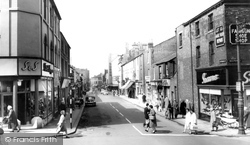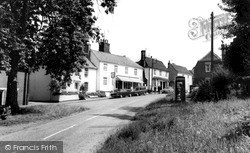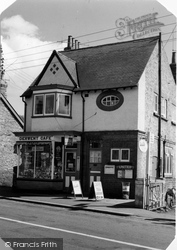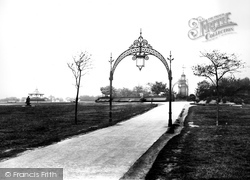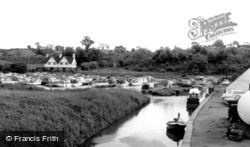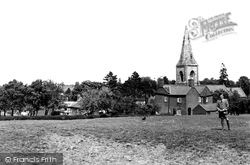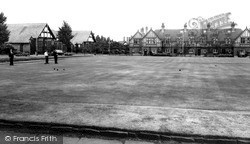Places
3 places found.
Those places high-lighted have photos. All locations may have maps, books and memories.
Photos
63 photos found. Showing results 1,401 to 63.
Maps
12 maps found.
Books
1 books found. Showing results 1,681 to 1.
Memories
7,564 memories found. Showing results 701 to 710.
A Happy Time
I was born in 1965 at Cliveden and lived in Grubwood Lane near the entrance to Quarry Woods with my parents for 16 years. I remember walking to Cookham Dean Primary School where the headmaster Mr Turner made my life a misery! I ...Read more
A memory of Cookham Dean in 1965
Toft Hill
My nana and grandad lived at Toft Hill and although we were Forces children, the trip back home to Toft Hill was always brilliant. Sat in front of the open fire with my Nana's home-cut chips (my nana was called Jean Alderson and ...Read more
A memory of Toft Hill in 1980 by
Childhood In The 1950s In Caerau
I was born at 87 Victoria Street in 1945. My father was a miner and worked all his life in Caerau colliery. My mother came from London with her brothers and sisters, they were evacuated to Caerau after their house in ...Read more
A memory of Caerau in 1953 by
My Childhood Garden Part I
My mother has often said to me "You don't appreciate what you've got until you lose it". She is wrong, for I will never forget the wonderful garden of my childhood and write below the memories that I will hold for all ...Read more
A memory of Shamley Green in 1954 by
My Childhood Garden Part Ii
Some months later, how long I cannot remember for the passing of time means little to a child, except that it always seemed so long for things to happen; but I found myself again seated in the back seat of another ...Read more
A memory of Shamley Green in 1954 by
My Childhood Garden Part V
Beside the strawberry bed grew a large cooking apple tree that produced enormous green apples. We had a variety of both eating and cooking apple trees in the garden, the fruit from which was harvested and then stored ...Read more
A memory of Shamley Green in 1954 by
Growing Up
I was born in the former Mechanics Institute in Derwent Street, Blackhill in 1946 where my grandfather was the caretaker. My name was Ann Wall and my grandparents' name was Redshaw. My mother lived with my grandparents in the ...Read more
A memory of Blackhill in 1946 by
West Street Wath Upon Dearne
I left Wath Grammar School in 1948 after 7 happy years. My father was the owner of Waddington Bros. Ironmongers in West Street, but the shop and all the rest of the shops in West Street were demolished around ...Read more
A memory of Wath Upon Dearne by
Growing Up In Kielder
Living in Kielder from a child to a man ... I lived in Kielder from 1974-1995. I loved the way you could keep your front door unlocked. I could hear the river passing by my bedroom window, this was how quite it was. I am sure ...Read more
A memory of Kielder by
Broadway Revisited!
I first set foot in Broadway in March 1964. I was a scared young Danish girl visiting my boyfriend's family for the first time, they were Herbert and Joyce Milner who lived at 'Wormington Brake' on the road to Wormington. I loved ...Read more
A memory of Broadway in 1964 by
Captions
2,471 captions found. Showing results 1,681 to 1,704.
In walking country, the village, although undistinguished, is associated by local people with Newton Linford, Bradgate Park and Beacon Hill, or just as being on the back route from Leicester to Shepshed
This view was taken from the iron bridge, and shows the backs of various High Street and Moulsham Street properties. Some of them had their own landing stages.
To the back of the image is the Halfpenny Bridge, so named because of the toll charged to cross. Built in 1869, it was demolished in 1974 against locals' and conservationists' wishes.
This is one of Exmouth's two bowling greens - the other is at the back of the town at Phear Park. The high ground beyond is Gun Cliff Gardens, off Carlton Hill.
The suburbs of Bournemouth, which have now sprawled out into the neighbouring countryside, began with the early construction of villa residences, each with its own garden - as suggested by Dr Granville
If the billowing empty deck chair is any guide, the wind is whistling up the Bristol Channel and through the Promenade Gardens.
Next to the towpath is a traditional riverside cottage with a brick parapet gable.
The girl in the immediate foreground obviously liked having her picture taken, as she is also in Photograph No 48895.
Lining the centre of the street are the town's stocks, market cross, fish slab and whipping post; the lamp behind was erected to commemorate Queen Victoria's golden jubilee.
The attention of the lady in the fore ground is riveted by the crew in the fishing boats as they adjust their sails in preparation for leaving harbour.
Little has changed here, thanks to the National Trust. Bossington is part of the Holnicote Estate, which was given to the Trust by Sir Francis Acland in 1944.
The advent of the motor carriage did not prevent the hotel advertising the stables at the back of this famous coaching hotel.
The railway station at the back of this picture is the reason for Dorridge's existence. Until the London to Birmingham railway was built in 1852, there was no Dorridge.
The Dawlish Water and its high tributary the Smallacombe Brook rise on the wooded heathland of Little Haldon Hill, which rises 800 feet at the back of the town.
The Dawlish Water and its high tributary the Smallacombe Brook rise on the wooded heathland of Little Haldon Hill, which rises eight hundred feet at the back of the town.
Before the golden age of granite, brick was often used for gables, even in a building right in the middle of the city. This is a very early form of flats, possibly built about 1775.
On the right-hand corner with Dalton Road is Saxone Shoes, now Thomas Cook.
The long white building has its roots in the 15th century. It was once The Red Lion, but later became a garage.
Just four miles west of Scarborough travellers were tempted to stop for refreshments at the Derwent Cafe. The cafe is now in the back part of the building, while the front is a general store.
The people of Leeds flocked here at weekends to listen to the band playing and to savour the fresh air.
The people of Leeds flocked here at weekends to listen to the band playing and to savour the fresh air.
What is now a short arm and extensive marina moorings was once the main line of the Oxford Canal.
Close to the village, medieval ridge and furrow cultivation has been preserved in its meadows and closes, and on its western edge the back lanes seem to be in an unusually complete state.
Bolton Road was the first paved road laid in Port Sunlight, and W H Lever named it after his home town as a reminder of his roots.
Places (3)
Photos (63)
Memories (7564)
Books (1)
Maps (12)




